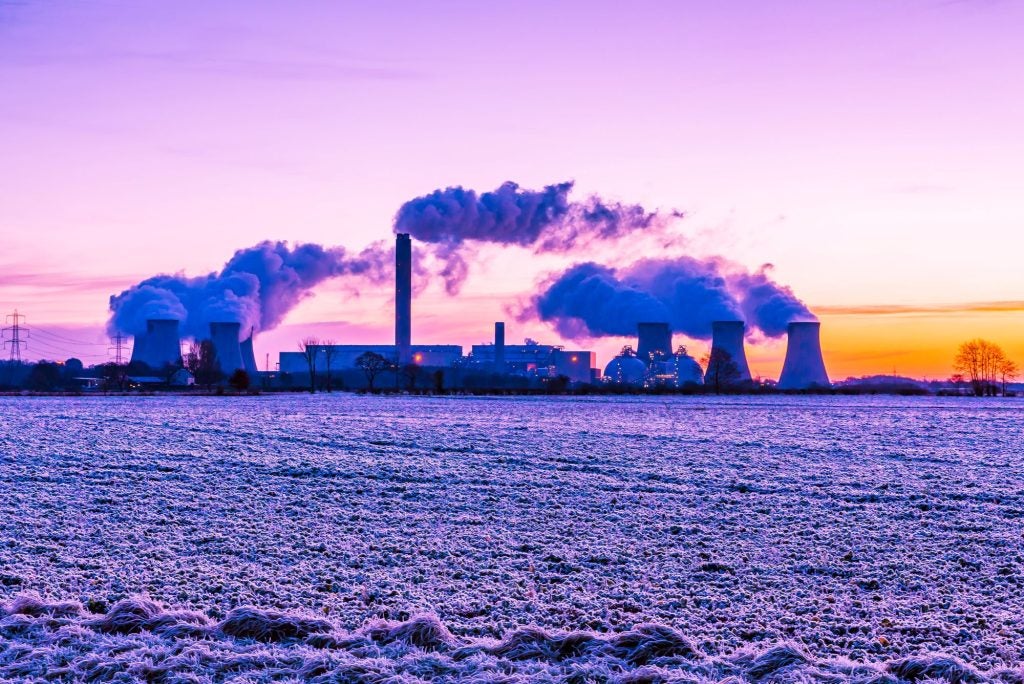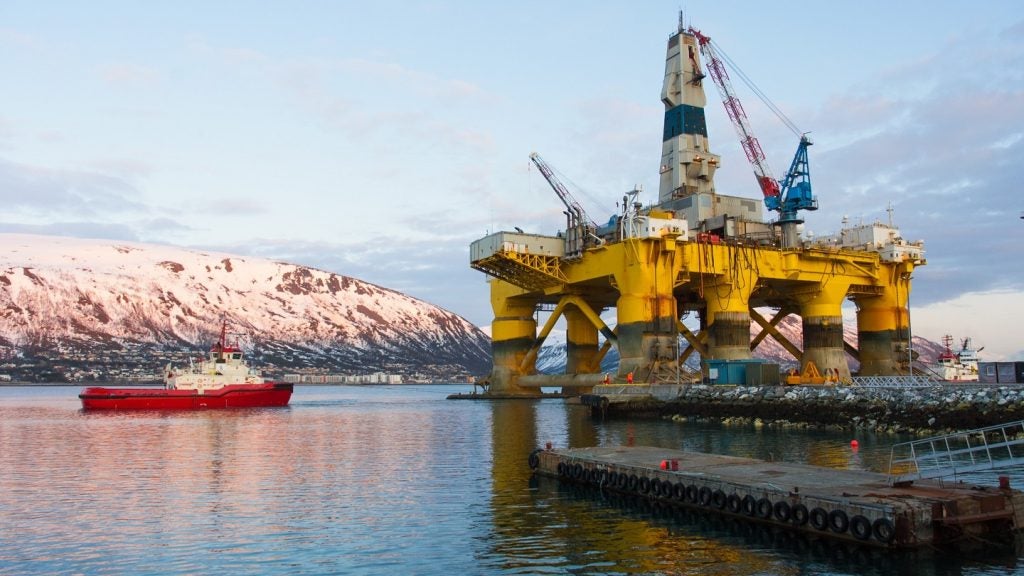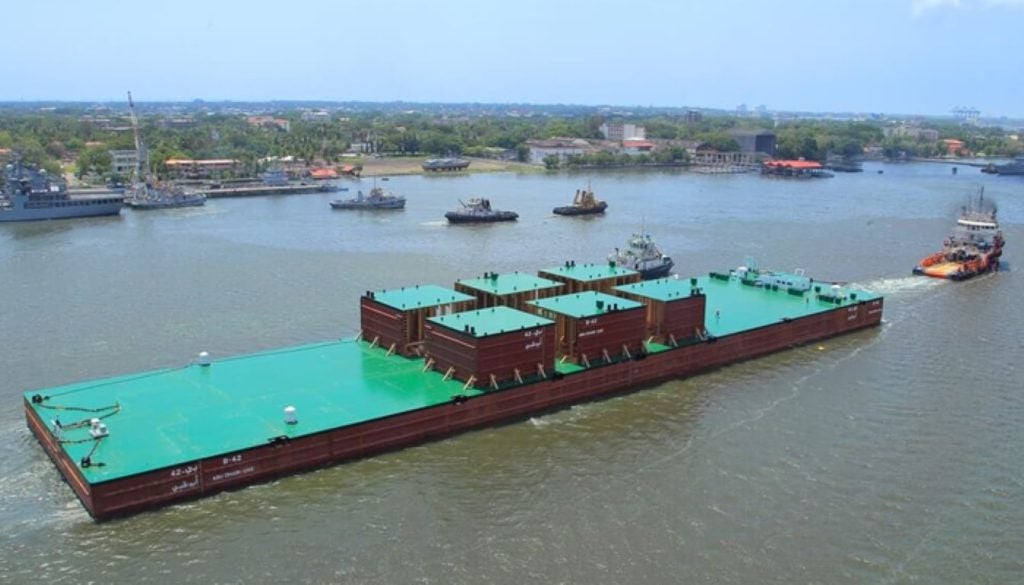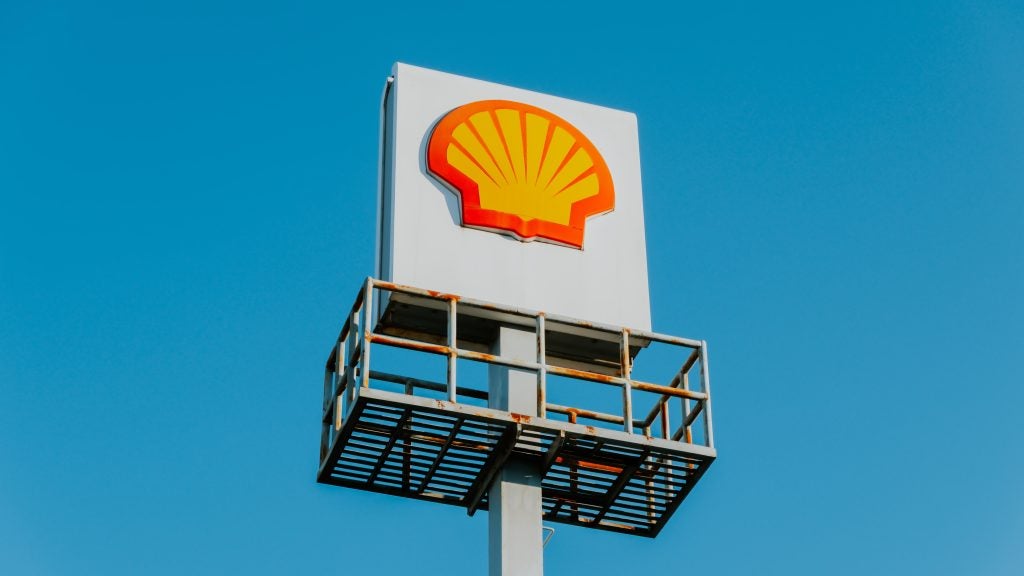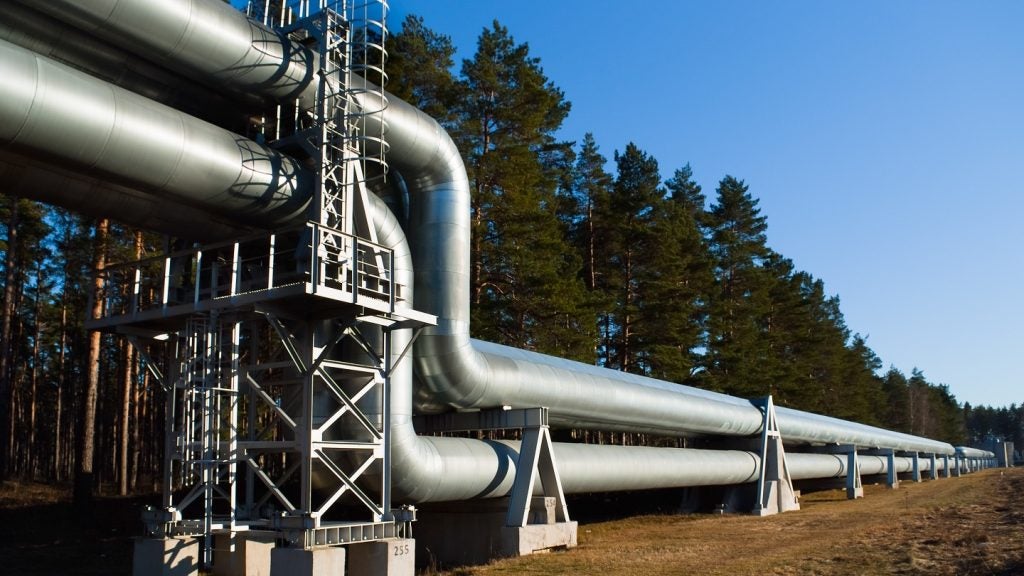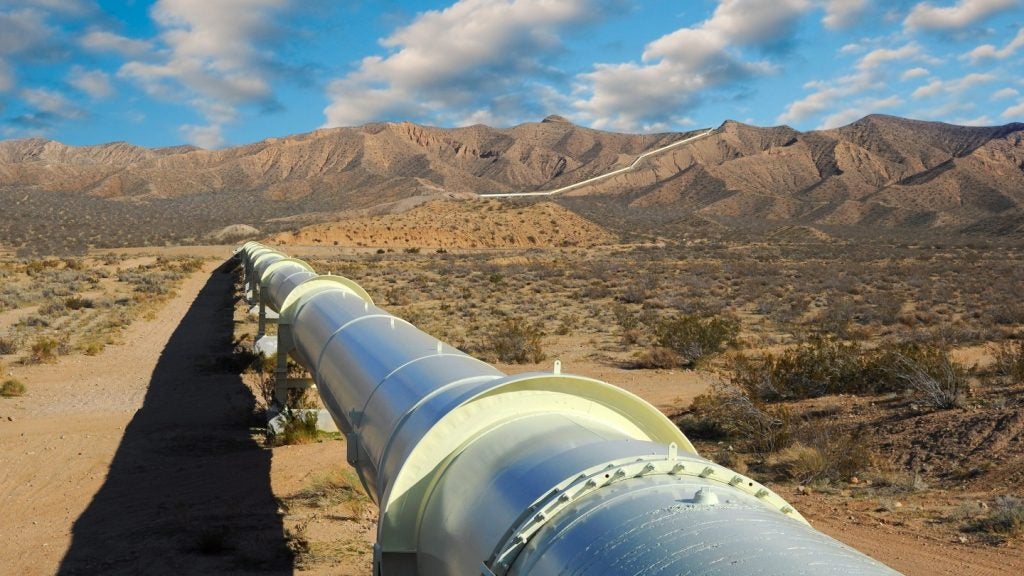A new study from the University of Surrey suggests that AI could significantly improve the efficiency and efficacy of carbon capture systems.
Research from the university’s School of Chemistry and Chemical Engineering demonstrated that when AI and machine learning tools are employed in carbon capture systems, they were able to capture 16.7% more carbon dioxide (CO₂) from the atmosphere and use 36.3% less energy from the UK’s National Grid.
Using a sophisticated digital recreation of a real coal-fired power station with a carbon capture system of the enhanced weathering type, the researchers taught an AI system to respond to changes in CO₂ emissions from the plant and respond accordingly. Enhanced weathering carbon capture bubbles flue gas through water containing limestone, which reacts with the CO₂ in the emitted gas to produce bicarbonate as a harmless by-product.
The carbon capture plant used for the modelling was powered by a wind turbine but took energy from the National Grid when wind was low. By training the AI model to predict changes in the external environment, the plant would pump less water when there was less CO₂ to capture, or when less renewable energy was available, and increase pumping when emissions were higher, thus lowering grid energy use and increasing capture rates.
Professor Jin Xuan, associate dean at the Faculty of Engineering and Physical Sciences at the University of Surrey and one of the paper’s co-authors, noted the innovative nature of this approach, saying: “Usually, carbon capture systems run constantly at the same rate – regardless of the externally changing environment. But we showed that teaching the system to keep making small adaptations can produce big energy savings – and capture more carbon at the same time.”
The paper’s authors hope that this initial research could have broader applications across the booming carbon capture industry. “Although we tested our model on enhanced weathering, the principles apply more widely. Our model could help anybody trying to capture and store more CO₂ with less energy – whatever the process they are using,” added Dr Lei Xing, University of Surrey Fellow of Institute for Sustainability and another of the paper’s authors.


